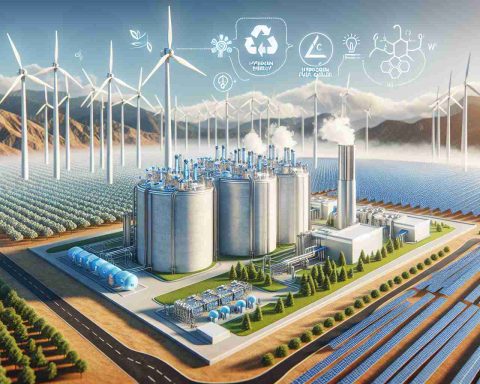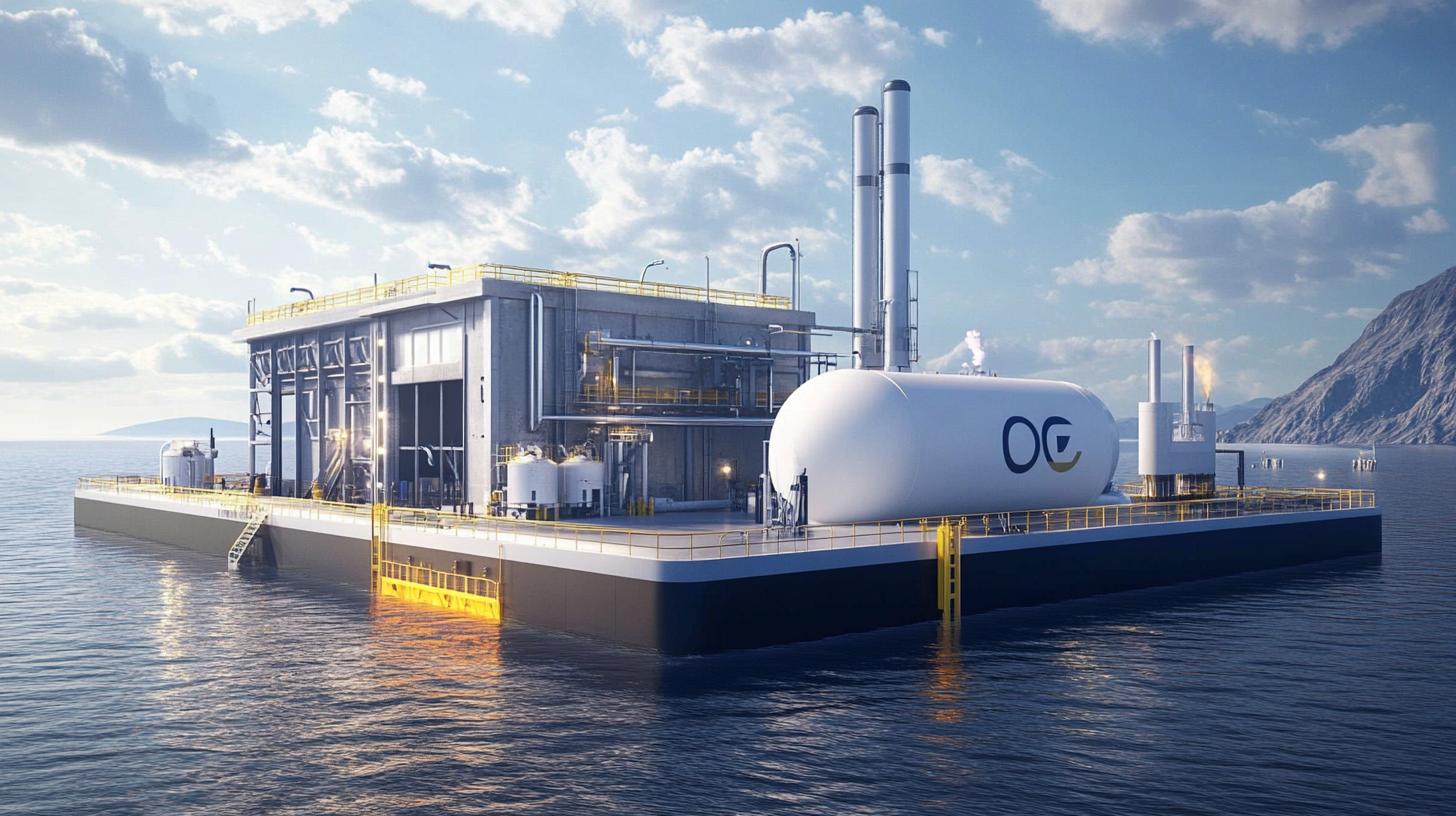Browse TagState-Level Energy Policies
State-level energy policies refer to the regulations, laws, and initiatives enacted by individual U.S. states to manage and promote energy production, consumption, and efficiency within their jurisdictions. These policies can encompass a broad range of areas, including renewable energy standards, energy efficiency programs, utility regulations, emissions reduction targets, and incentives for clean energy development. Each state tailors its energy policies to address local resources, economic conditions, environmental goals, and energy demand. State-level energy policies play a crucial role in shaping the energy landscape, influencing technological innovation, investment in energy infrastructure, and the transition to sustainable energy systems. They may also involve collaboration among state governments, local municipalities, private sector stakeholders, and communities to ensure a balanced approach to energy production and consumption that reflects the unique needs and priorities of each state.












